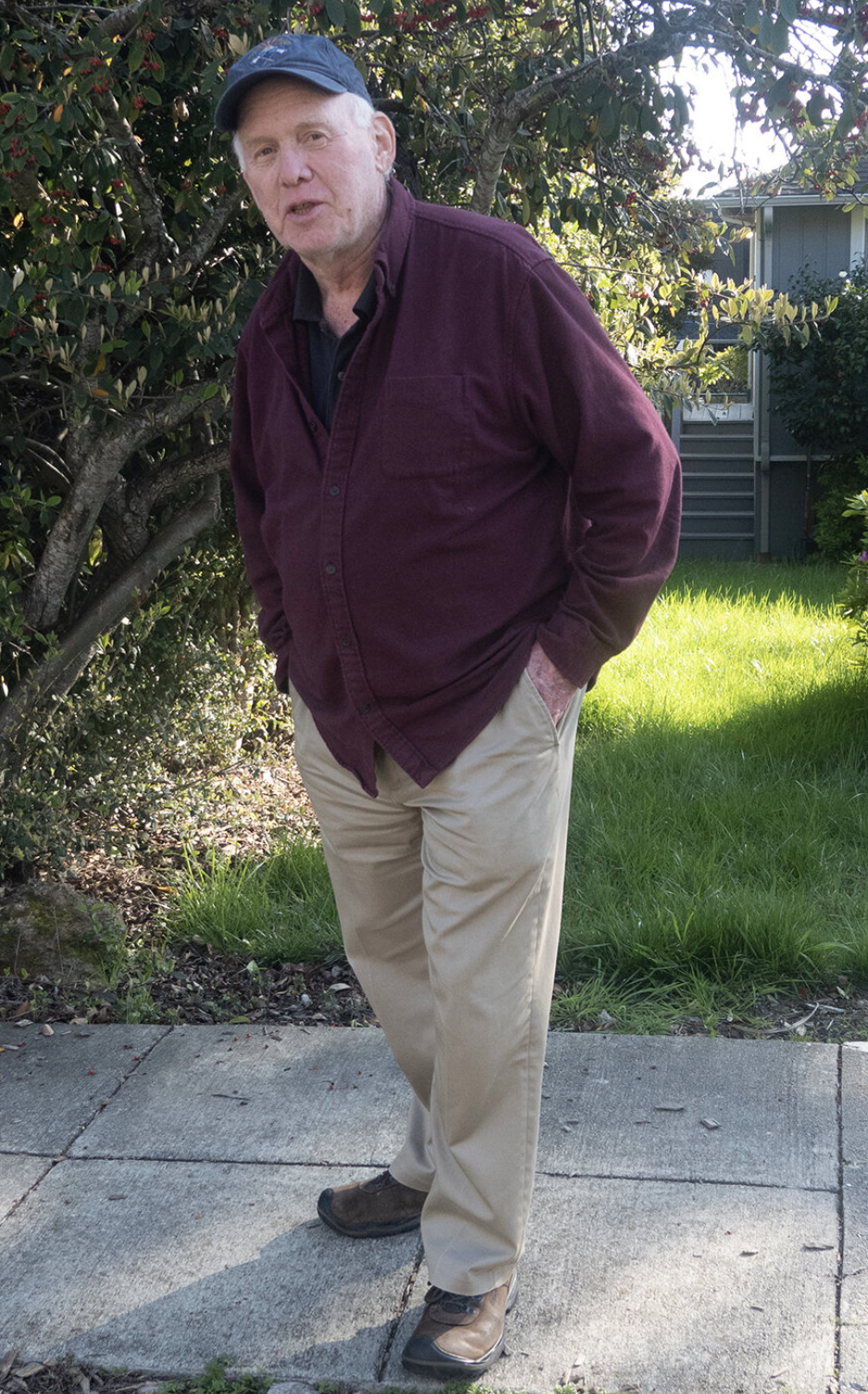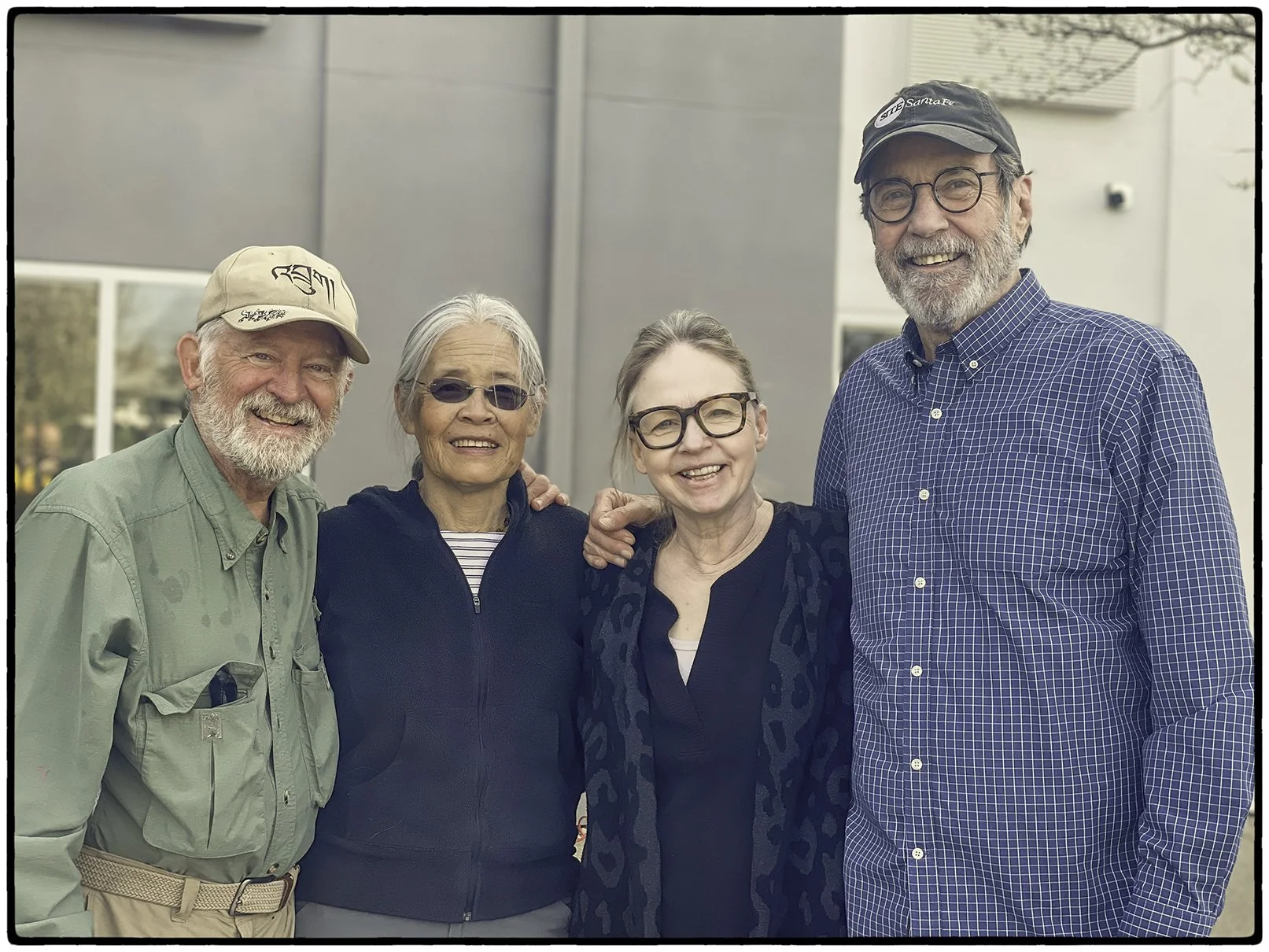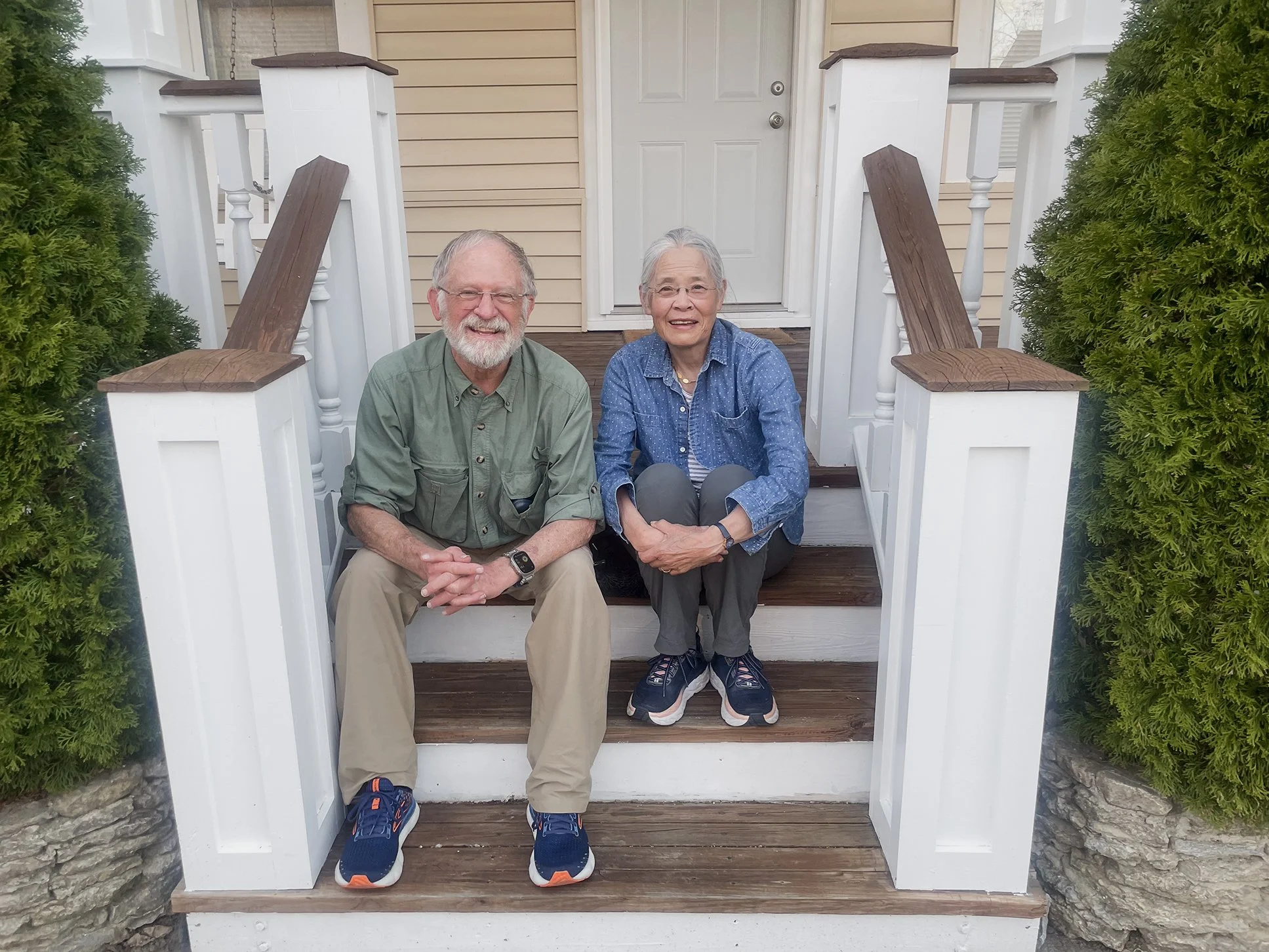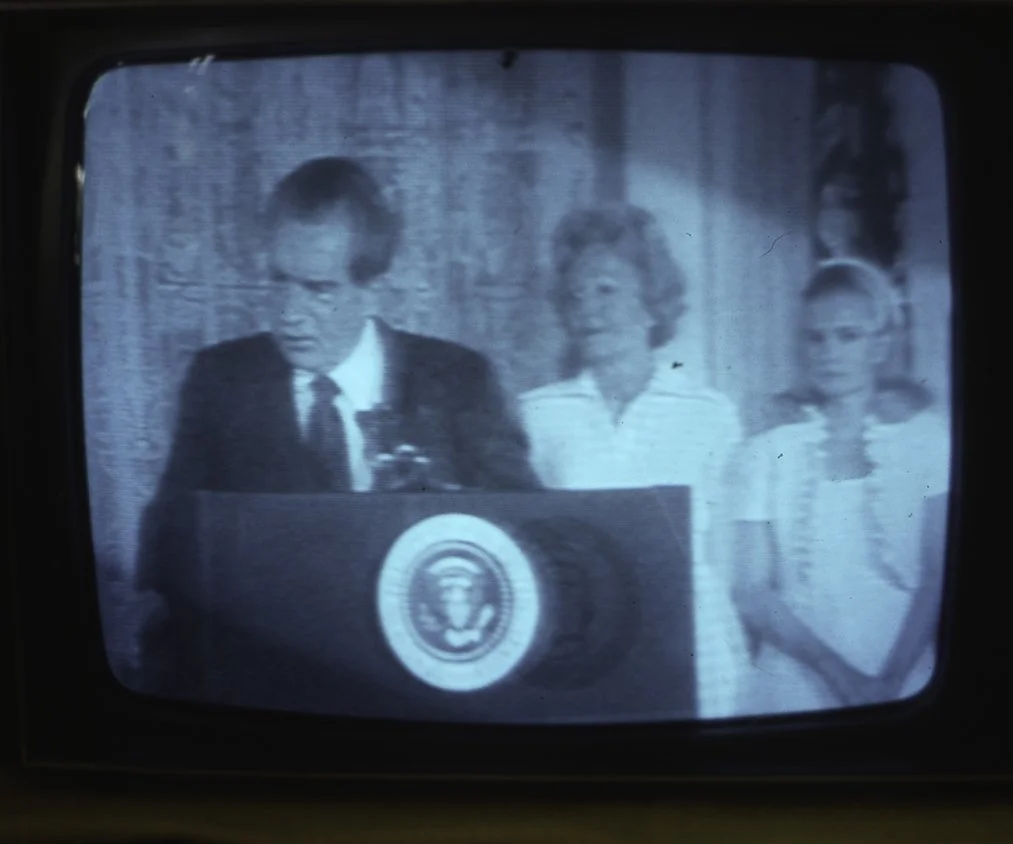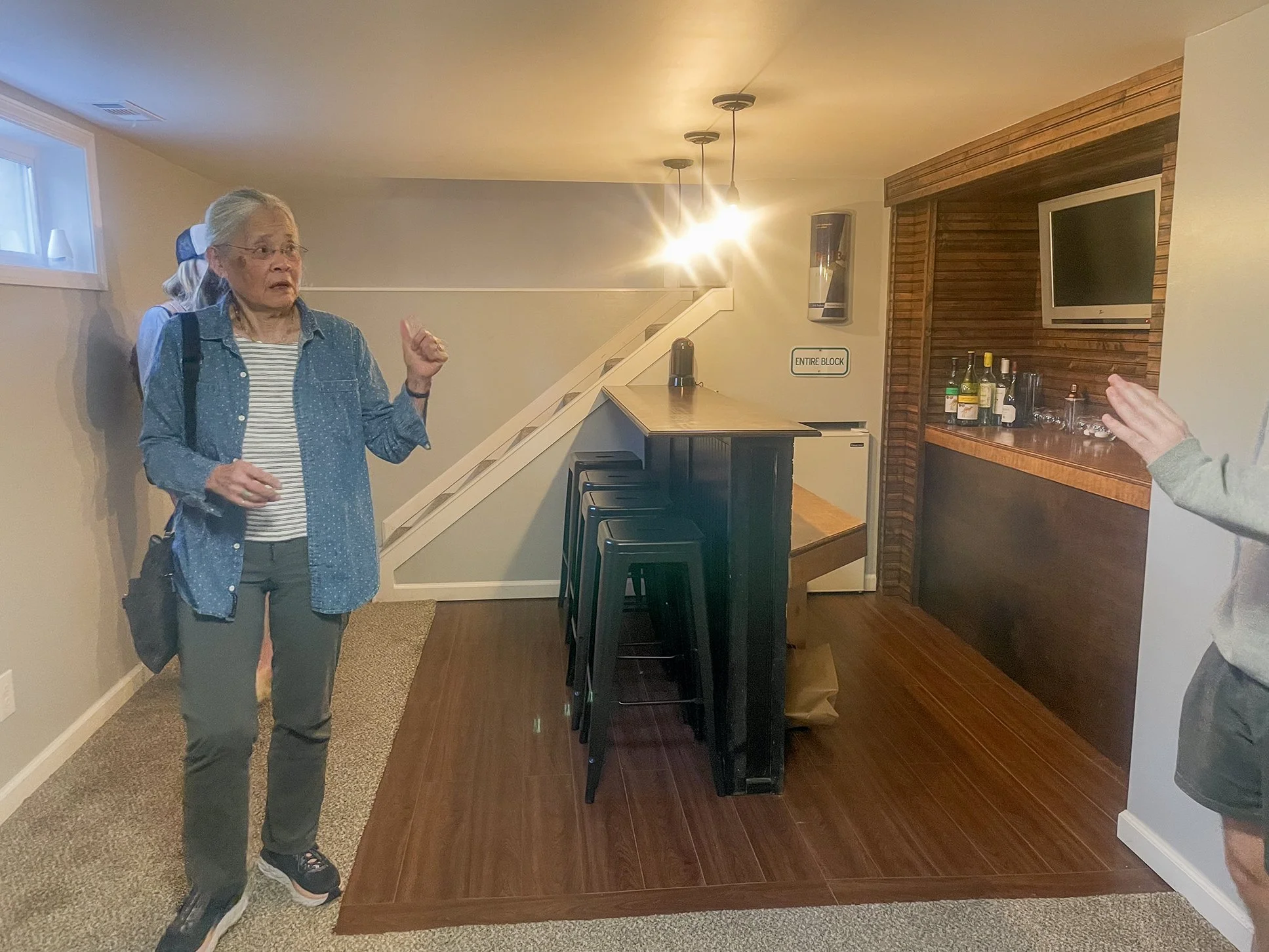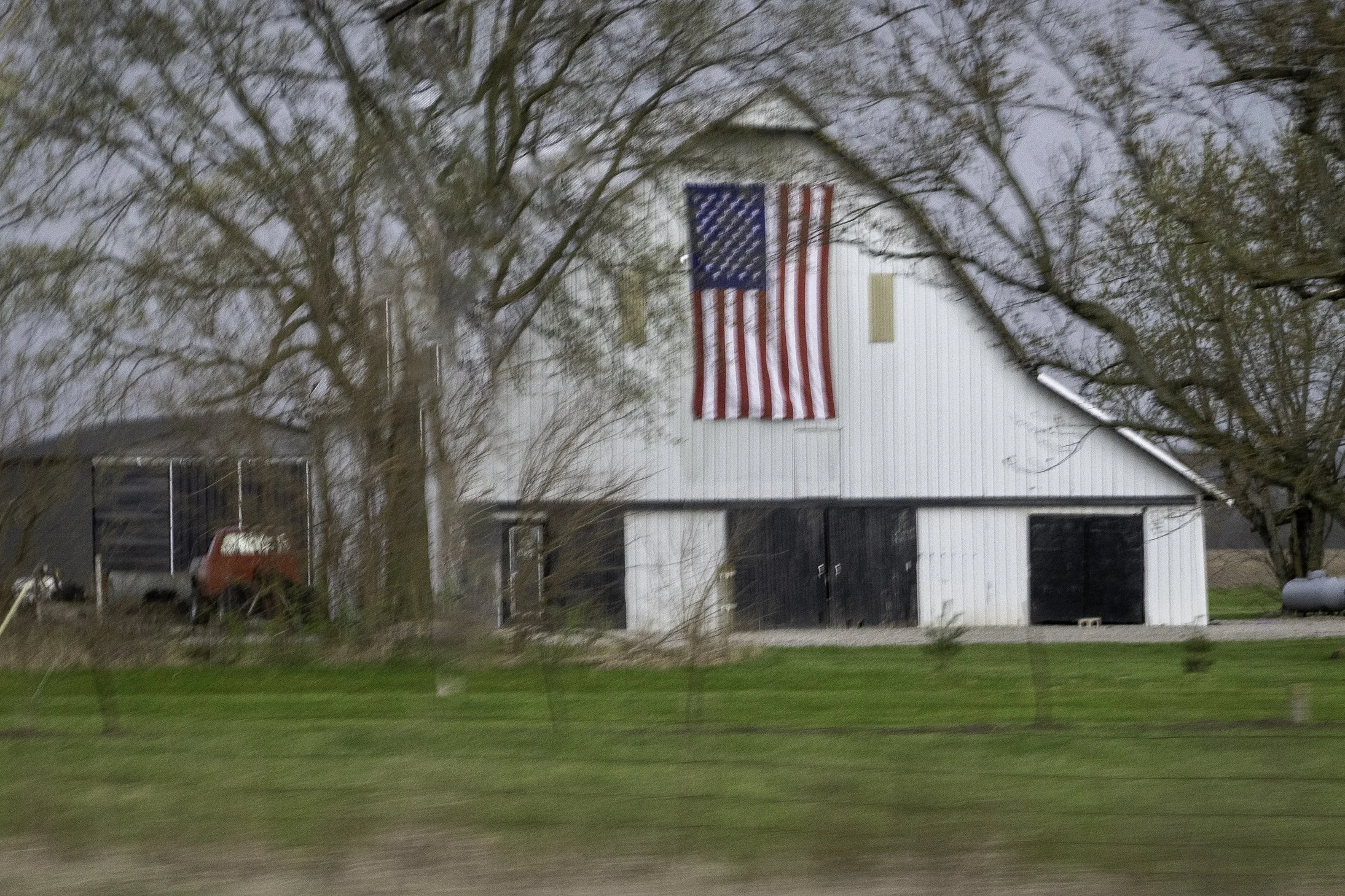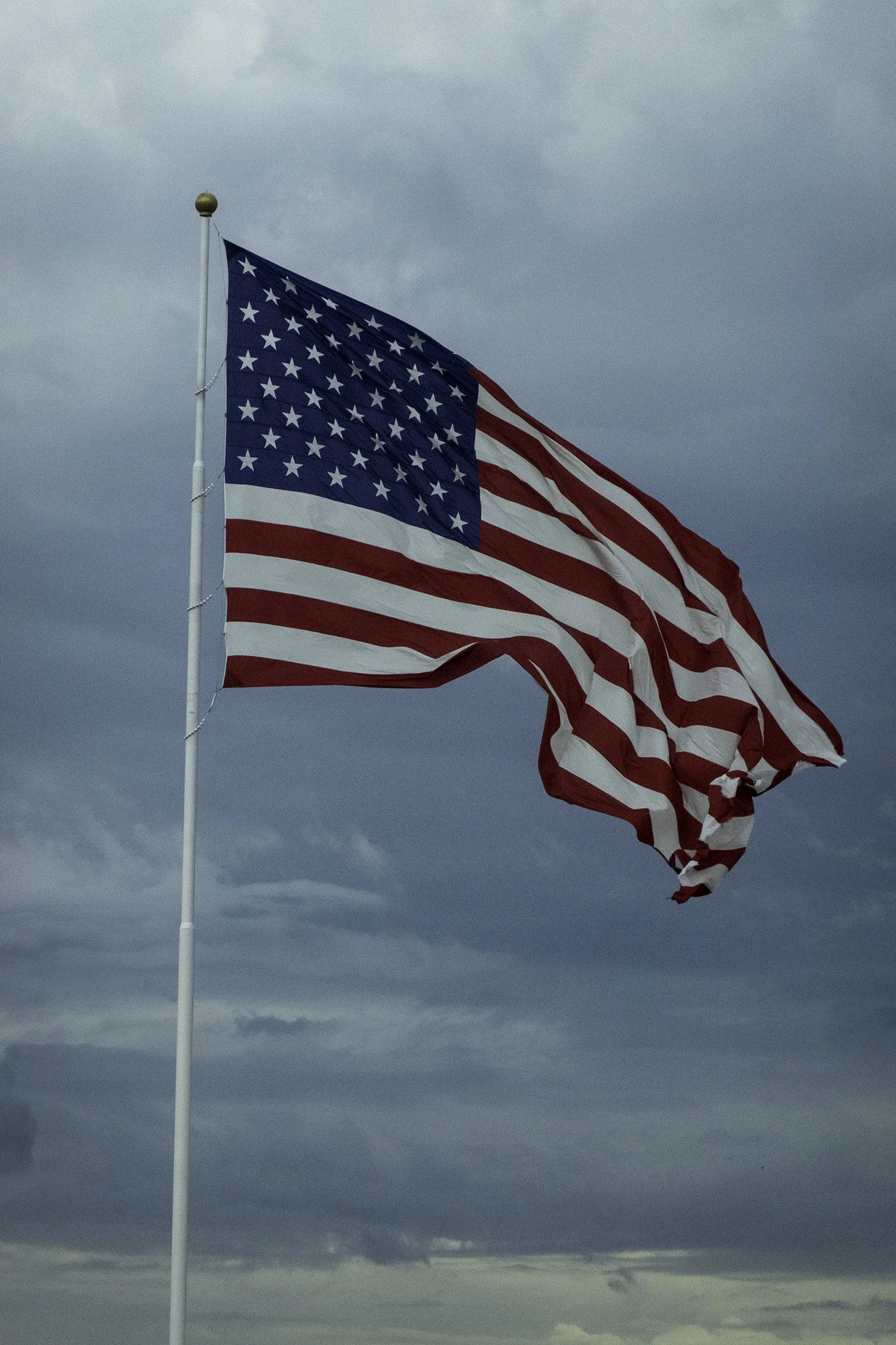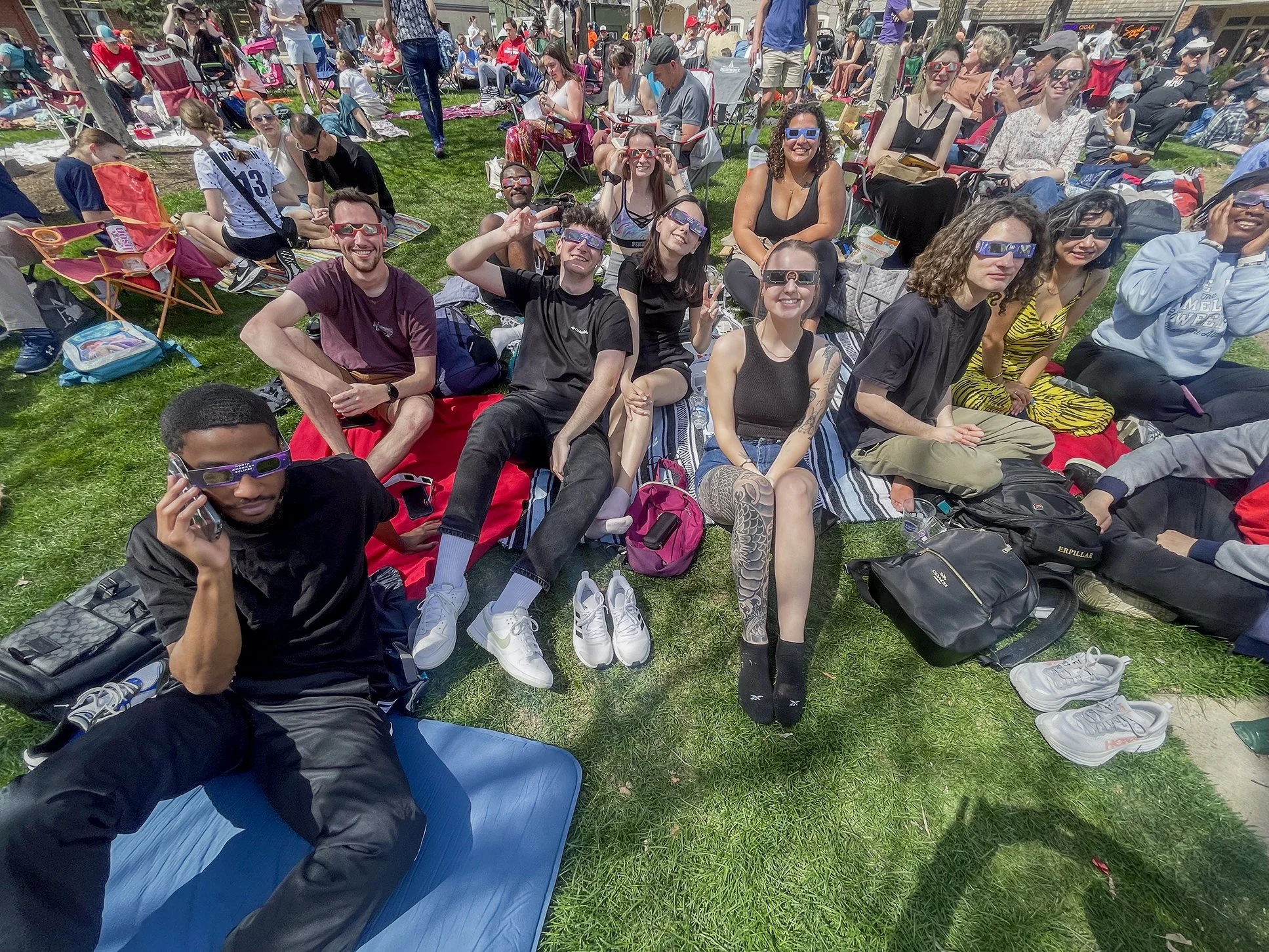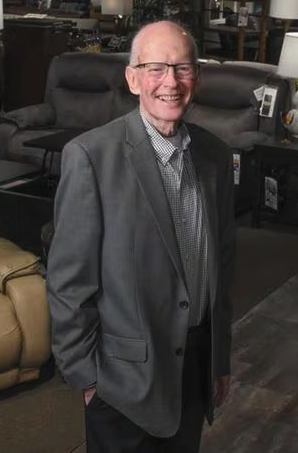Elizabeth Loftus is a psychologist who has focussed on the nature of memory. What we believe to be a firm, stable, and consistent interpretation of the past is anything but that. She wrote, “Our representation of the past takes on a living, shifting reality. It is not fixed and immutable, not a place way back there that is preserved in stone, but a living thing that changes shape, expands, shrinks, and expands again, an amoeba-like creature.”
Loftus has appeared as a memory expert in trials. many involving rape. Her expertise has thrown doubt on the recollections of many victims. She believes that not only can our memories be distorted through time, but that we can even invent memories, become fully convinced that they are truths, even pass lie detector tests.
When Jennifer was very little I picked her up and put her into a red American Flyer wagon, picked it up and carried her in the wagon along our gravel driveway. The front of the wagon unexpectedly pivoted, and I dropped her on the driveway, causing several cuts. Recently Jason, who was probably six or seven at the time, recalled the event, painting a picture of her injuries so gruesome as possibly requiring a visit to the ER. That event was filtered through his seven year old mind. Mine is different. We picked her up, cleaned her wounds, then gave her band-aids. I felt terrible, but had Jason’s memory accurately described the situation, I should have been arrested for child abuse.
It is with that in mind that I present accounts of an event that was witnessed and described by the two people who were there—my cousin Donald and the author.
His account:
GIBSON CARDS
MY COUSIN, DAVID, GREW UP IN CINCINNATI, OHIO…WE USED TO SPEND HOLIDAYS THERE WITH MY GRANDPARENTS…THERE WAS A FREEWAY
FIVE MILES AWAY, THAT RAN PAST THE GIBSON CARDS FACTORY…AT XMAS, THEY WOULD PUT XMAS LIGHTS IN THE BUSHES IN FRONT THAT SPELLED “GIBSON CARDS”
…AS WE WERE TEENAGERS, AND BEING
TORMENTED BY RAGING HORMONES,
WE CONCOCTED AN EVIL PLAN…
SO, ONE NIGHT, (AS DAVID HAD JUST GOTTEN HIS DRIVER’S LICENSE), WE DROVE TO THE FACTORY, PARKED THE
CAR, AND MANAGED TO CLIMB OVER THE
TEN FOOT TALL CHAIN LINK FENCE, AND
WALK THE HILL UP TO THE SIGN…
WE UNPLUGGED THE BUSHES WITH THE
“G” “I” AND “B”…LEFT THE “S”…UNSCREWED BULBS TO MAKE THE “O”
INTO A “U”…UNSCREWED THE “N”…
LEFT THE “C”…UNPLUGGED THE “A”…
MADE THE “R” INTO A “K” …AND,
UNPLUGGED THE “D” AND “ S”…
AND, FOR THE NEXT THREE HOURS,
EVERYONE WHO DROVE PAST THE PLACE WAS INVITED TO “SUCK”…
MEANWHILE, WE SAT IN HIS CAR, AND DRANK THE TWO SIX PACKS OF
NEAR BEER THAT WE HAD SCORED,
AND GOT TO WATCH THE TWO RATHER
LARGE POLICEMEN GET OVER THAT
FENCE, AND RESTORE ORDER…
THE NEWSPAPERS REPORTED IT,
SO, MY COUSIN GOT TO HEAR THE FEEDBACK, WHEN HIS SCHOOL REOPENED IN JANUARY…HAPPY HOLIDAYS, EVERYONE!
Riffing on his account:
No freeway. Section Road was a bumpy two lane road that ran above and adjacent to Gibson Cards .
No fence surrounded the factory. However, the next Christmas, when we thought about reprising our actions of the previous Christmas, there was a fence.
Section Road was above Gibson Cards. It was an easy walk down.
The sign “Gibson Cards” consisted of Christmas lights strung across a hedge.
I’ve never had a “near beer.” We drank nothing.
No policemen showed up while we were there, and there was no fence for them to climb.
If newspapers reported it I never saw it.
Yes, kids at the school saw it, talked about it, and I happily acknowledged my responsibility.
Which Account is True?
Probably neither one. It was sixty-one years ago.
Examining the brains of super-aged elderly people whose memories were unusually sharp it was found that according to Wikipedia, “they had fewer fiber-like tangles of tau protein that in typical elderly brains.”
Time to untangle that tau.










































